Description
Product Description
Fibroblasts are mesenchymal cells derived from the embryonic mesoderm. They have been extensively used for a wide range of cellular and molecular studies, as they are one of the easiest types of cells to grow in culture. In addition, their durability makes them amenable to a wide variety of manipulations ranging from studies employing gene transfection to microinjection. There is evidence showing that fibroblasts in various organs are intrinsically different [1]. Fibroblasts secrete a non-rigid extracellular matrix that is rich in type I and/or type III collagen [2]. They are responsible for much of the synthesis of extracellular matrix in connective tissues and play a central role in wound healing. Many diseases are associated with fibroblasts, either because fibroblasts are implicated in their etiology or because of the fibrosis that accompanies damage to other cell types in tissues. For example, the development of bowel stenosis in Crohn’s disease patients is caused by extreme fibroblast proliferation and extracellular matrix expansion [3].
iXCells Biotechnologies provides high quality Human Intestinal Fibroblasts (HIF), which are isolated from human intestinal tissue and cryopreserved at P1, with >0.5 million cells in each vial. HIF express fibronectin and are characterized by their spindle-shaped morphology. They are negative for HIV-1, HBV, HCV, mycoplasma, bacteria, yeast, and fungi and can further expand for 16 population doublings in Fibroblast Growth Medium(Cat# MD-0011) under the condition suggested by iXCells Biotechnologies.
Product Details
| Tissue | Human intestinal tissue |
| Package Size | 0.5 million cells/vial |
| Passage Number | P1 |
| Shipped | Cryopreserved |
| Storage | Liquid nitrogen |
| Growth Properties | Adherent |
| Media | Fibroblast Growth Medium(Cat# MD-0011) |
References
[1] Conrad, G. W., Hart, G. W., Chen, Y. (1977) Differences in vitro between fibroblast-like cells from cornea, heart, and skin of embryonic chicks. J. Cell Sci. 26:119-137.
[2] Gabbiani, G., Rungger-Brandle, E., The fibroblast. In Tissue Repair and Regeneration (L. E. Glynn, ed.), pp 1-50. Handbook of Inflammation, Vol. 3. Amsterdam, Elsevier, 1981.
[3] Luna, J., Masamunt, MC., Rickmann, M., Mora, R., Espana, C., Delgado, S., Llach, J., Vaquero, E., Sans, M. (2011) Rocotrienols have potent antifibrogenic effects in human intestinal fibroblasts. Inflamm Bowel Dis. 17(3):732-41
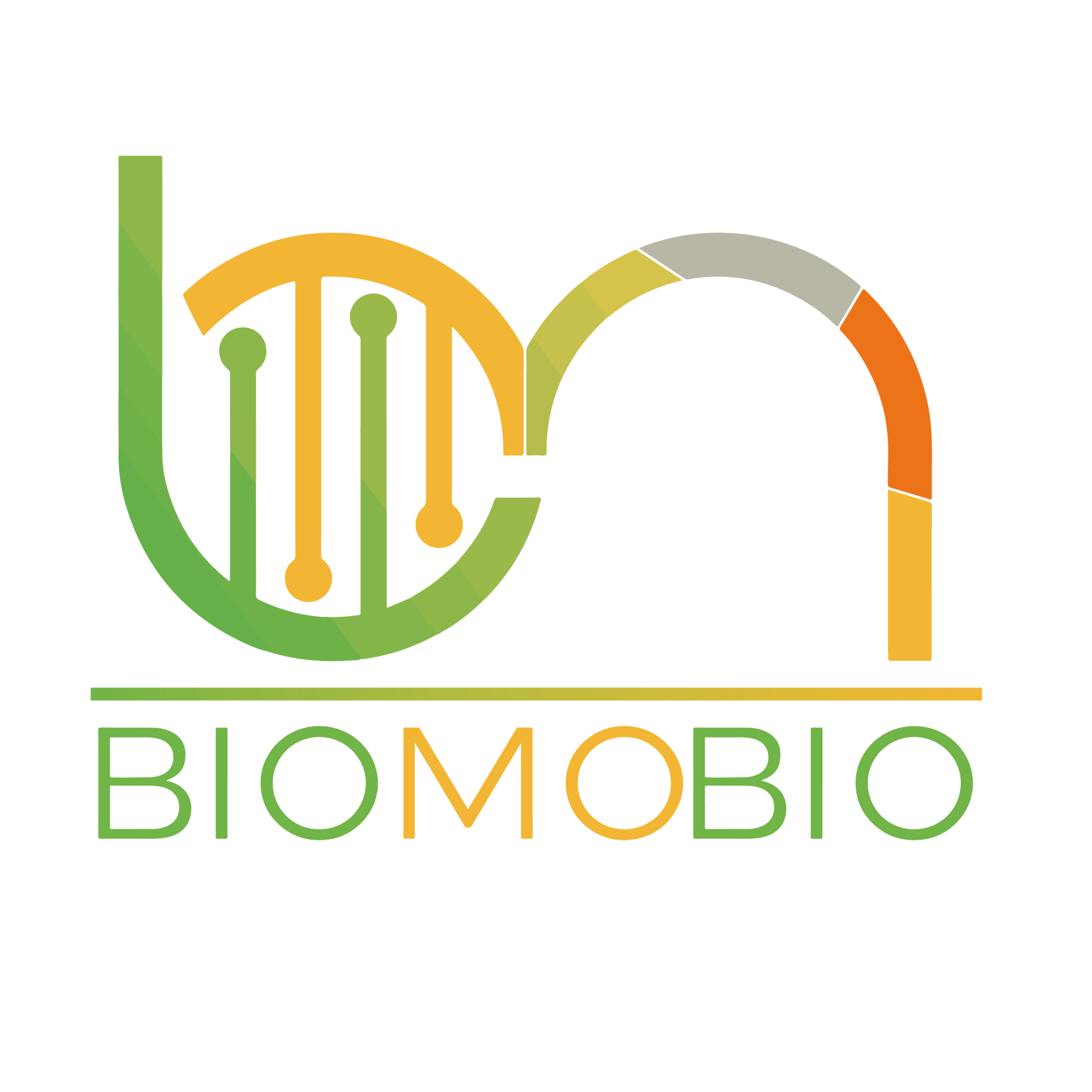


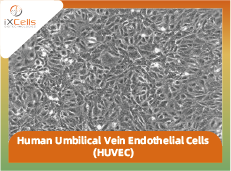
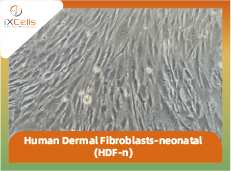
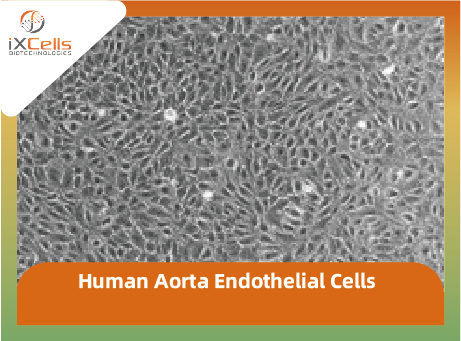
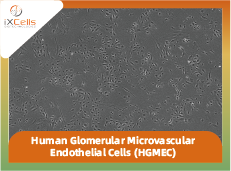

Reviews
There are no reviews yet.